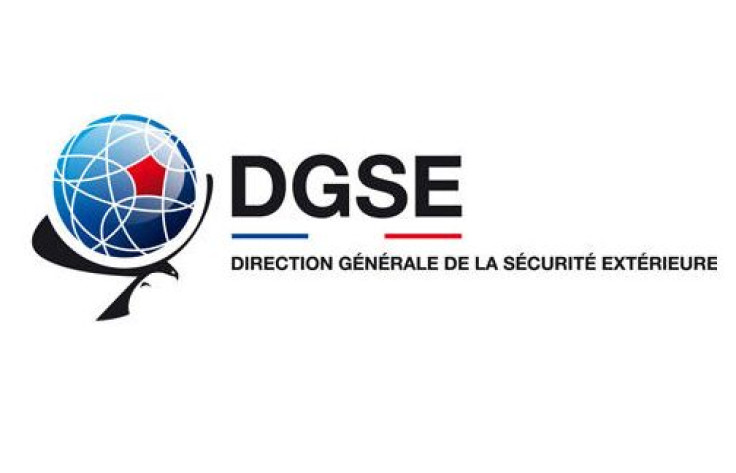It's Not Just The NSA Snooping: The French Do It Too, And Without Judicial Supervision

The French do it too. And just as much as the Americans. In fact, even worse than the Americans: they do it without even the slightest judicial supervision, and in blatant violation of the law. We are talking about government snooping on communications by civilians, of course. The French newspaper Le Monde has revealed that Paris in engaging in the same kind of behavior that Washington is being excoriated for.
When NSA leaker Edward Snowden revealed to the British newspaper The Guardian that the U.S. was spying on the communications of domestic and foreign civilians, and on a much larger scale than previously thought, the French government was particularly outraged. What they did not mention is that Paris knew all along, according to Le Monde. And according to the Parisian daily, the government was doing much worse than hiding what it knew: it was doing the exact same thing. The newspaper published this week an article revealing a vast snooping program conducted by France’s foreign intelligence service, the General Directorate of External Security, also known as the DGSE.
Ironically, the story appeared on the same day that Paris refused to grant Edward Snowden political asylum.
According to the daily newspaper, which does not cite sources, the program was supposed to remain a secret, because it is illegal for the DGSE to gather data on French civilians. The French Senate estimates that 80 percent of the data is also used by the other six branches of France’s intelligence services.
Just like with the NSA’s PRISM operation in the U.S., the DGSE is gathering metadata linked to calls, rather than listening outright. What is often most interesting to those agencies is not the content of the messages, but rather who is talking to whom, when, where, and for how long. It also works for text messages, faxes, and emails, where the subject lines can also be read.
From this information, analysts draw gigantic webs between people and decide from their connections which groups are worth following. The technique has proved to be effective against terrorism, but French authorities also use it to protect the country’s economic interests.
France is the fifth country in the world in terms of information technology capacity, just behind the U.S., the UK, Israel and China, Le Monde wrote, adding that it has four billions of “connected objects” with around one billion of simultaneous communications. Over the years, the DGSE has gathered “billions and billions”of metadata, Le Monde said, which it stockpiled at the agency’s headquarters in Paris, in three underground floors.
But what distinguishes this operation from PRISM is that it “takes place discreetly on the margins of legality and beyond any serious control,” Le Monde wrote. PRISM, on the other hand, operated under warrants approved by a court known as FISC that, while secret, was charged by Congress in 1978 with reviewing any instance the wiretapping of civilians by U.S. intelligence.
The French operation, which has no code name contrary to its U.S. counterparts, is barely mentioned in parliamentary documents, and there are no records. When asked about it, French politicians refused to comment, arguing that they knew nothing about it.
On Thursday, two human rights associations, the French-based International Federation for Human Rights and Human Rights League, filed a complaint against persons unknown asking to start an investigation into whether the NSA violated French privacy laws by secretly collecting the data. They also hope to see an investigation to determine what the role of companies like Facebook or Google was, according to The Guardian.
In the meantime, said Le Monde, France continues to spy.
© Copyright IBTimes 2024. All rights reserved.












